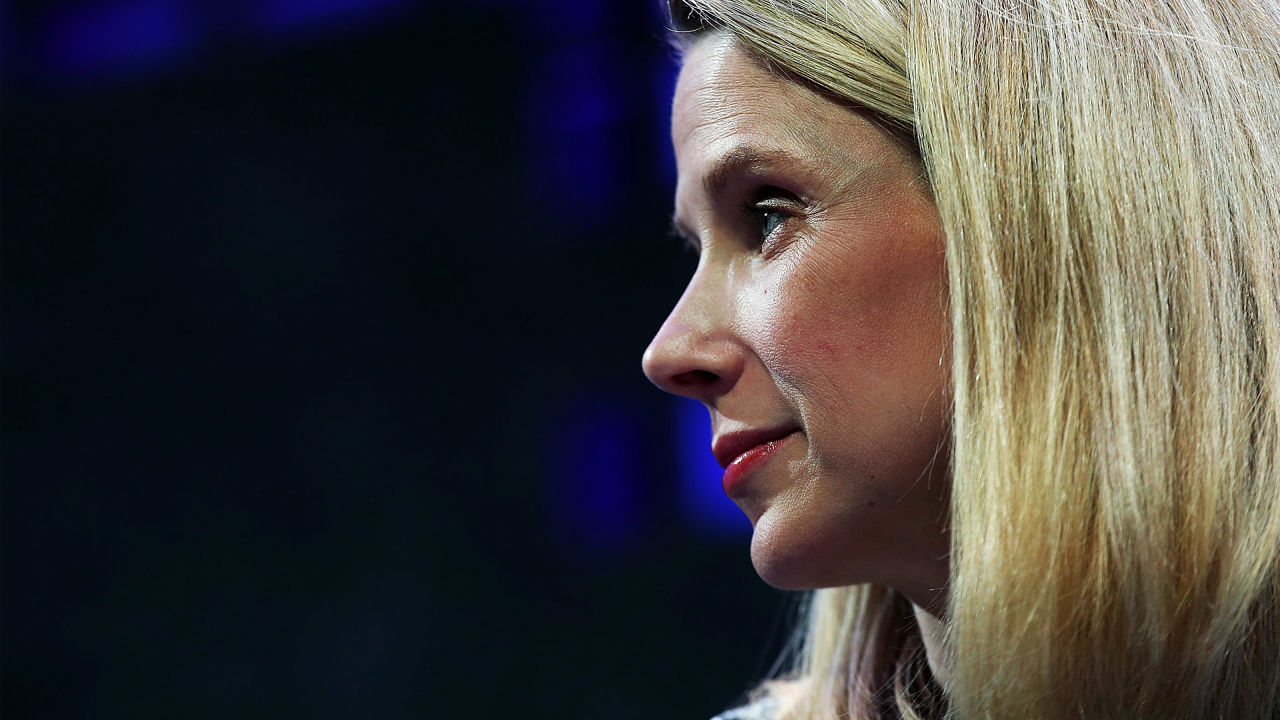Why Marissa Mayer’s Ultimate Talent Acquisition Strategy Failed
Though the writing has been on the wall for months—if not years—Yahoo has finally been acquired. Verizon has scooped up the company to the tune of $4.8 billion. For many, this is the beginning of the end of a years-long saga to fix a seemingly broken digital media company; Verizon says it will use the new assets to build a digital media empire. For others, it’s just another chance to pile on the blame game for CEO Marissa Mayer.
All the same, there’s one big question that hasn’t quite been answered, and perhaps never will be: What exactly went wrong? While there are hundreds of facets to this broad question, there’s one big strategy Mayer opted to take as chief executive: acquisitions. Over the course of her four-year tenure, she acquired more than 50 companies and spent more than $2 billion.
The idea behind the slew of purchases was that this was a way to source good talent and technology. If Yahoo took up numerous good startups, it could theoretically become a haven for smart, agile techies who would further the company toward its goal of being a technology leader. This, however, is not what played out.
The Bungling Of Talent
According to John Sullivan, a talent management consultant who advises firms on recruiting strategies, this strategy failure shouldn’t come as a huge shock. “Most mergers don’t work,” he says. Only a few big companies acquire smaller organizations successfully, and it’s a very thoughtful process. “It’s like divorced families joining,” he adds.
The big issue with Yahoo was that it simply did not have the system in place to cultivate the new talent and make them feel part of the new company. “Yahoo has a bad habit of killing the products [it buys],” Sullivan says. “It doesn’t make you feel welcome.” A few examples of the dozens of startup products Yahoo bought and then shut down include MessageMe, Vizify, and EvntLive.
Many companies are simply not good at acquiring. Sullivan used to work at Hewlett-Packard, and he noted the stifling culture that often led to unhappy new entrants. To get talent to work well under new management, they have to be enthusiastic. The new company should look exciting—a place where they can continue to do their work. By appearances, Yahoo is likely not that place. Sullivan points to Facebook, whose campus is filled with perks like “a free ice cream store.” Just the space itself, he believes, could likely energize new additions. Sullivan adds that Facebook’s ethos is designed to build and innovate new products. In contrast, Yahoo’s office and internal culture, says Sullivan, doesn’t appear (from his outsider’s perspective) to have that kind of startup excitement.
A Lack Of Science
There’s another facet to this, too: The way Yahoo chose companies didn’t seem to make sense. Acquiring new businesses costs a lot of money—much more than simply bringing on new developers. Senior talent at scooped-up organizations needs to be adequately compensated. Acquirers, then, should have ways to assess whether or not the investment is sound. Facebook, explains Sullivan, has a very scientific system of choosing which companies it will bring on, quantifying every hire it makes.
On the other hand, in Sullivan’s view, Yahoo didn’t have a systematized way of analyzing companies from afar—figuring out what a company is worth and whether or not the serious financial investment would lead to promising returns.
Scott Galloway, a marketing professor at NYU and founder of the activist hedge fund Firebrand Partners, added to this criticism of Mayer’s company choices. He targets Tumblr, specifically. The decision to buy the blogging platform—which Galloway described as “basically a porn site”—is likely going to “go down as one of the worst acquisitions in tech.” The company was bought for $1.1 billion in 2013. Today, Tumblr is valued at $483 million. In terms of the overall acquire-spree strategy, Galloway says that it’s difficult to point out “a single acquisition that worked.”
Enter Verizon
What follows now is whether the Verizon purchase will be good for those inside at Yahoo. Galloway is hopeful; he describes the purchase as “great news for employees.” Now the thousands of staff and hundreds of companies under the Yahoo umbrella will be led under a “board and management that appears to be sane and good operators.”
Under this new parent company, we’ll get to see if the talent will thrive. The key to uniting acquihires with their new bosses is making them feel wanted. The founders of the smaller companies are a way to gauge this, says Sullivan. When a company gets scooped up, employees look at how the heads of companies respond. If they’re excited, that sends a message to the talent. “If the founder leaves,” he says, “you’re in trouble.” What does bode well, according to this theory, is the bigger acquisition: Mayer plans to stay with the company in whatever form it takes.
More, this trove of talent—which has likely felt constrained with endless rumination about Yahoo’s impending demise—must feel free to innovate. The task for Verizon will be to figure out a way to use the assets Yahoo has and make those creating these programs excited. “It’s a special talent to integrate these people,” says Sullivan.
Overall, this could be a new chapter for the ailing company. Galloway thinks this could be the beginning of something big. “Verizon gets real assets that have been so mismanaged,” he says. “I think Yahoo’s future is as bright as it has been in four years.”
When all is said and done business-wise, a cultural shift will have to commence. And perhaps the talent-in-waiting will feel more allegiant. That’s at least what Yahoo would like.
Fast Company , Read Full Story
(50)














